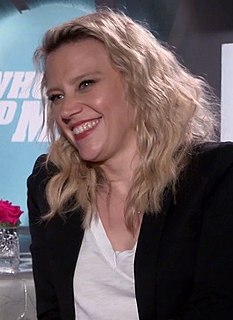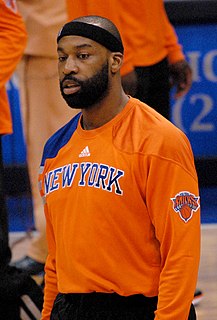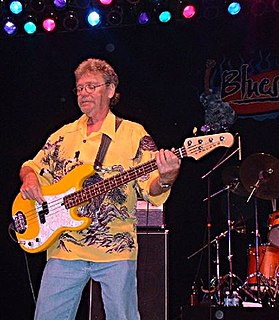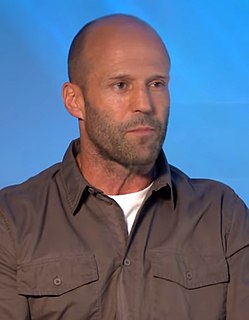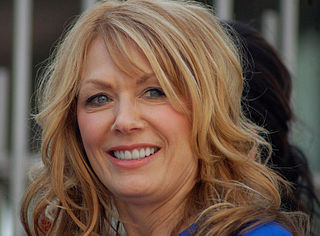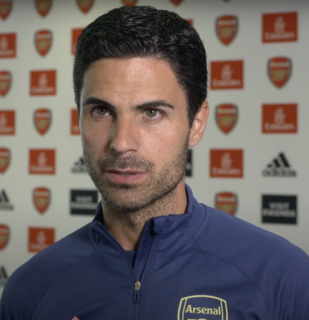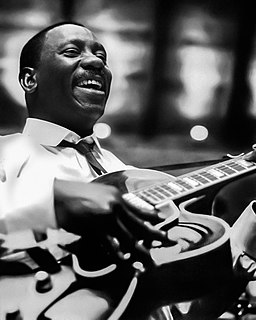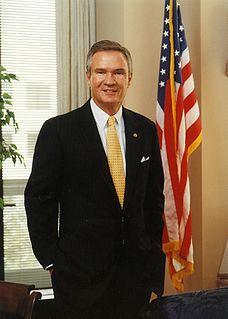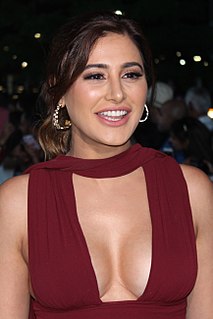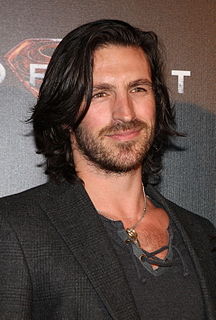A Quote by Kate McKinnon
When I heard that Paul Feig was directing an all-female 'Ghostbusters,' I was prepared to do anything to be a part of this, to be a part of what sounded like an incredible project.
Related Quotes
Directing's the best part. Whenever I've directed something, there's this feeling of demand and focus that I like. And secondly, it means that you've gotten through all the writing stuff, and the producing stuff, and casting, and prep, and all those stages that are seemingly endless. So directing is sort of the reward for all the work you put in before. And then there's the editing, which is another amazing stage of the process. It's incredible the moments you can create.
I don't know whether it was his (Charlie Christian's) melodic lines, his sound or his approach, but I hadn't heard anything like that before. He sounded so good and it sounded so easy, so I bought me a guitar and an amplifier and said now I can't do nothing but play! Really, welding was my talent, I think, but I sort of swished it aside.
I think part of the pressure put on 'strong female characters' comes from the fact that there is so often 'the team girl,' who must be all things to all people. Part of avoiding that is having as many female characters as I can, and allowing them to thrive in their own right, not inside a framework they didn't ask for and don't want.
He was always part of her thoughts, and now that he was real, he was inescapably part of her life, but it was as she had told her mother: saying he was part of her or that they were more than friends sounded like love, but it seemed like loss as well. All the words she knew to describe what he was to her were from love stories and love songs, but those were not words anyone truly meant.
Every part of it is important; the film comes alive when you edit it, the film comes alive when you write it, the film comes alive when you act it, and the same with the directing. They're all the most important part at the time and that's why I enjoy doing it, because you're creating a story and every part is a very integral part of it.
